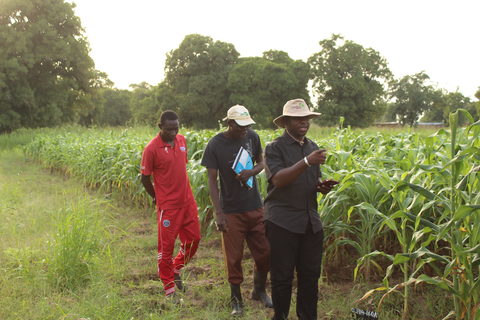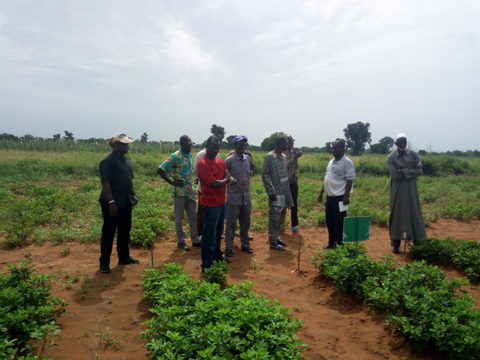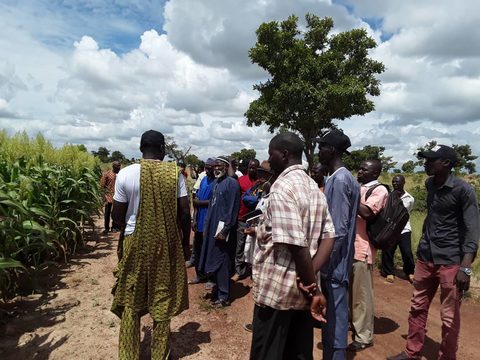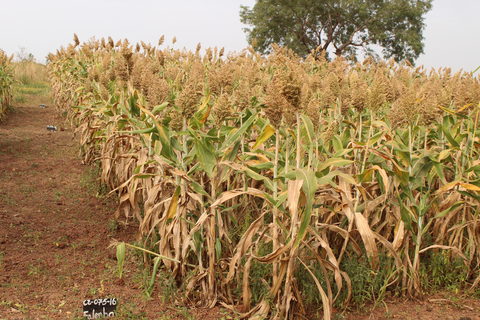New seeds prove the value of public-private teamwork
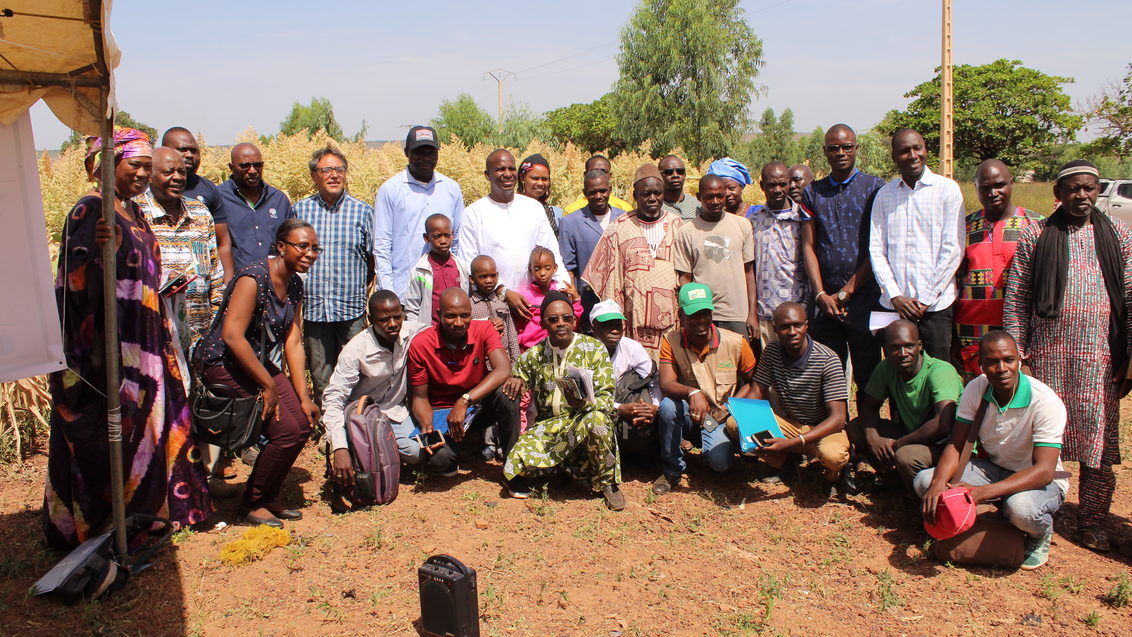
(Version française en bas)
Our Foundation has been working in Mali since 1981. One of our current contributions to the country’s agriculture is part of the PASTTA* program. Partnerships with numerous local organizations are helping to test new varieties and get them out to farmers.
Mali belongs to the Economic Community of West African States (ECOWAS). The country has done a lot to implement ECOWAS harmonization of regional seed regulations. This drive is led by the national seed committee CNS. In PASTTA, USAID’s Feed the Future program and our Foundation have worked closely with CNS on registering new varieties. So far, 24 have come through the system for three crops. As well as maize (corn), the new varieties include groundnuts and sorghum from the national research organization. 16 of them are now in the official regional catalog; Malian companies have already picked up three sorghum varieties.
“PASTTA has taken us a big step forward”, says Salif Kanté, our Country Director for Mali. “The regional harmonization legislation dates from 2008. It is meant to help seed move more freely around the 15 ECOWAS member states, plus Mauretania and Chad. But turning that all into practice has been a real challenge.” Mali set up its CNS in 2010 but has not been able to give the committee adequate resources, particularly for registration of new varieties.
“An additional difficulty is that national breeders and seed companies have found the regional protocols for so-called DUS and VCU studies hard to manage”, comments our local seeds coordinator Aboubacar Diarra. “Those studies look at crucial aspects of new varieties, so one has to get them right.”
Making it easier to run these trials has thus been a focus of our recent work in Mali. “By concentrating on three crops and working closely with its staff, we’ve made life easier for the national research organization”, comments Aboubacar. “It’s also been very important to involve local seed companies, and to ensure that registration officers have all the information they need for proper judgment of the varieties.”
These efforts have been well worthwhile. Ten new groundnut and six sorghum varieties have already passed DUS and VCU testing and are now in the regional catalog. Based on their experiences in this process, three Malian suppliers decided to include some of the new choices in their offer to farmers. Since 2018, Camara Semence, Comptoir2000, and Dounkafa have been working on the sorghum varieties Falenba, Tisamba, and Wilibali. Camara Semence, for example, has already produced six tonnes of certified Wilibali seeds for the coming season.
“This is great progress”, declares Salif Kanté. “But we’re not stopping here. We shall continue to support close cooperation between public and private partners, and to build their capacity in all the areas necessary to make good varieties available to more smallholders.”
*PASTTA is the Partnership for Seed Technology Transfer in Africa between USAID and the Syngenta Foundation for Sustainable Agriculture. It primarily focuses on transferring seed-related technologies to smallholders, in order to increase their harvests and income.
See what PASTTA is doing in Uganda, Kenya and Senegal. (Sénégal aussi en français)

